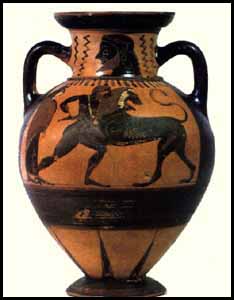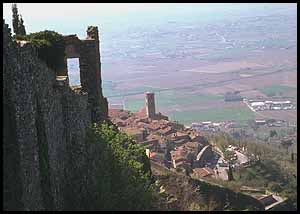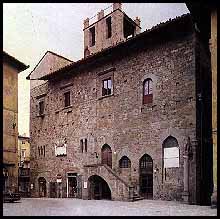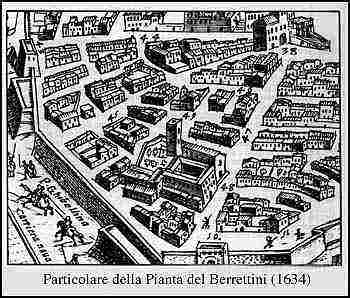

 - Museum of Cortona) |
|
| Vergil
declared that Cortona was founded by the mythical Dardano; in fact, it
was probably an Umbrian fortress which passed to the Etruscans in the VIII
- VII centuries BC; after this it became an important Lucumonia, as the
main centers of Etruria were called.
Many Etruscan tombs have been discovered in the countryside beneath. The
most famous are; the Tanella di Pitagora (V century BC): « Melone
» at Sodo.
|

One
can see that Cortona was a power in Etruscan
|
|
|
|
 |
|
|
 |
|